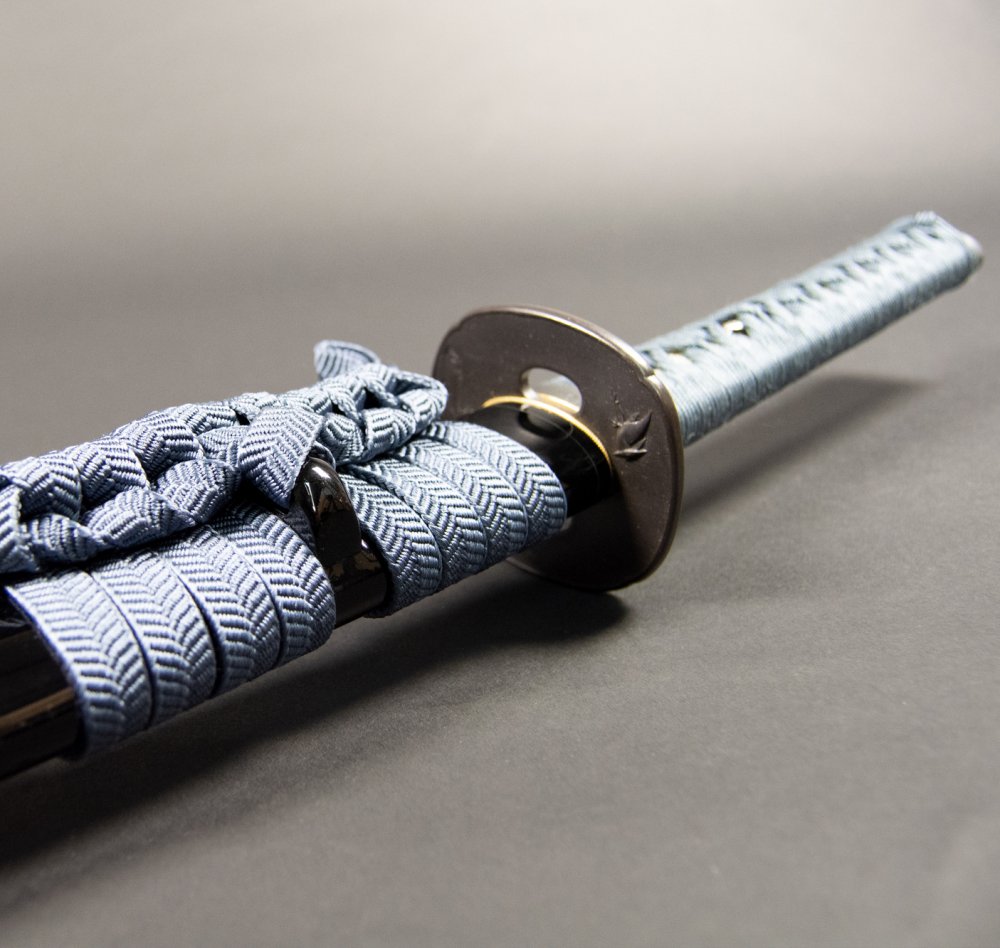The laws on “Offensive weapons” have become quite complex, having been amended by several different acts of parliament and amendments over the last 30 years. With the latest change to the act we reached out to Alan Lee-Nash, Iaido Dojo Representative on the British Kendo Association Committee, with some clarifications on some of the points in the law which are of importance to UK practitioners. Please note this is informal research and does not constitute legal advice.
Whether legitimately in a public place, on educational premises or in private, an active practitioner of sword arts who is a member of a properly insured organisation, is covered by a defence against criminal prosecution. As previously noted, swords must be kept safely at home and are not permitted in public without a valid reason. You may legitimately carry a sword outside your home only when travelling to and from practice, and it must be fully and securely wrapped.
This exemption from prosecution specifically references curved bladed swords over 50cm in length. For other weapons covered by the law (kusarigama for example), the only defence which appears to apply would be that of ‘educational purposes’ - or antiques. As Kusarigama is part of the Jodo curriculum, it could be argued that that Jodo is an educational activity and not simply a sport - although it’s not at all certain that this argument would be considered valid.
It’s important to note that if any weapon is used to threaten someone unlawfully and it involves an immediate risk of serious physical harm to another person, then it is irrelevant that the offender was in possession of the weapon lawfully.
All Dojo leaders have been told that they should inform their members about the legislation and the implications, it is now a topic covered at seminars and coaching courses. If a practitioner decides to give up practice and leave the BKA, then they may no longer be able to rely on the defences in section 46. They should also be aware, when passing on their swords, of section 141 of the Criminal Justice Act 1988 which prohibits the sale, loan and gifting of restricted weapons. There is an exemption if the weapon is to be passed on to members of a legitimate sporting association or museum.
Although most of the provisions of the new act relating to knives and bladed articles will apply across the UK, Scotland is a separate legal jurisdiction from England and Wales. It has its own offensive weapons law, most of which is contained in the Criminal Law (Consolidation) Act 1995. However, some provisions, such as s141 of the 1988 Act mentioned above (sale of restricted articles) do apply across the whole of the UK.
The BKA has posted an overview of all the amendments to the sword law on their website along with a number of updates and links to Home Office FAQ and advice pages. All the information covered in this post was extracted from documents available in the BKA members page and we strongly recommend that members follow the BKA’s advice and thoroughly read through the relevant documents.

